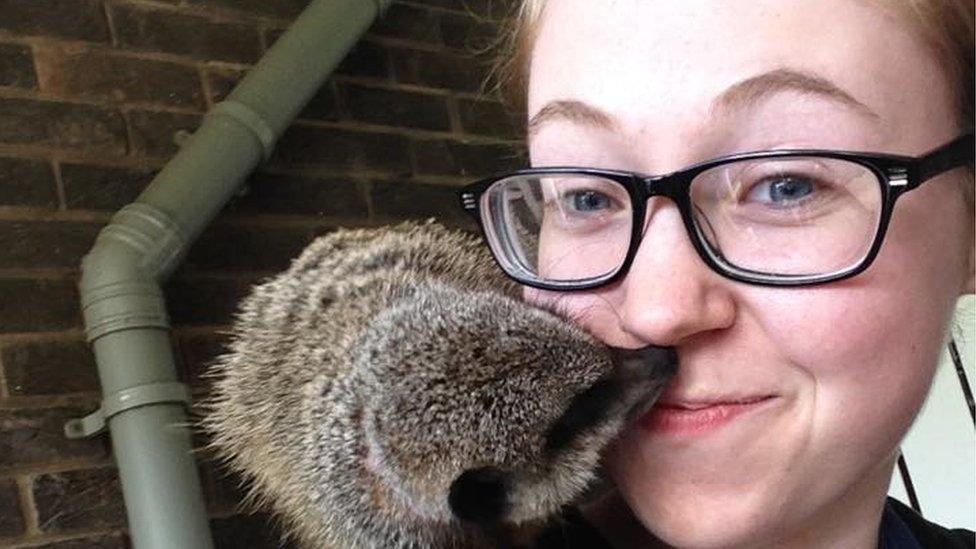Ellen Higginbottom murder: Police search delayed by four hours
- Published
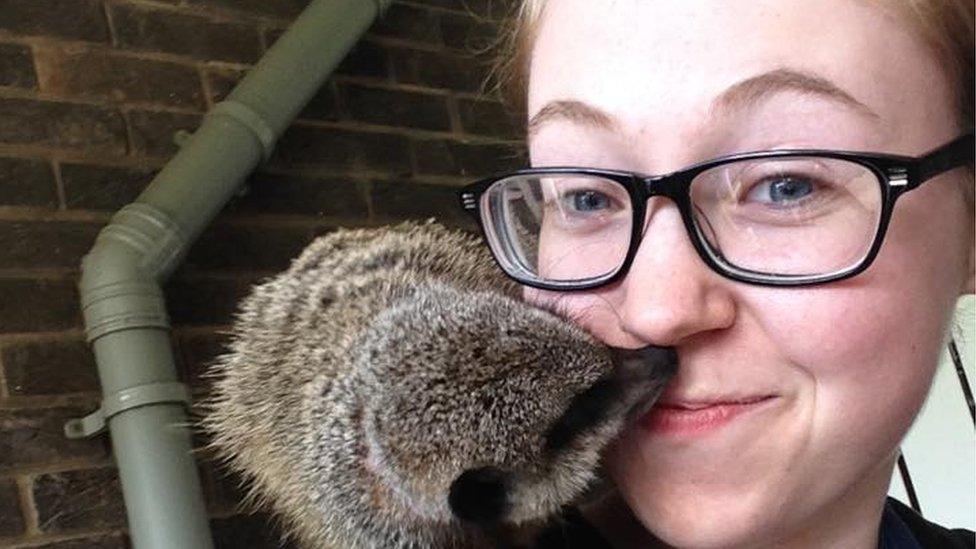
A "lack of resources" at GMP led to the search being delayed 13 times, the IOPC said
The search for a murdered teenager was delayed by four hours due to a lack of available officers, the police watchdog has found, external.
Ellen Higginbottom, 18, was killed in a "chilling" attack at Orrell Water Park in Wigan last year.
The hunt by Greater Manchester Police (GMP) was delayed 13 times because no patrols were available, the Independent Office for Police Conduct (IOPC) said.
GMP apologised for causing her family "stress" and agreed with the findings.
Mark Buckley, 52, was jailed for a minimum of 31 years for the "sexually motivated, pre-meditated" attack.
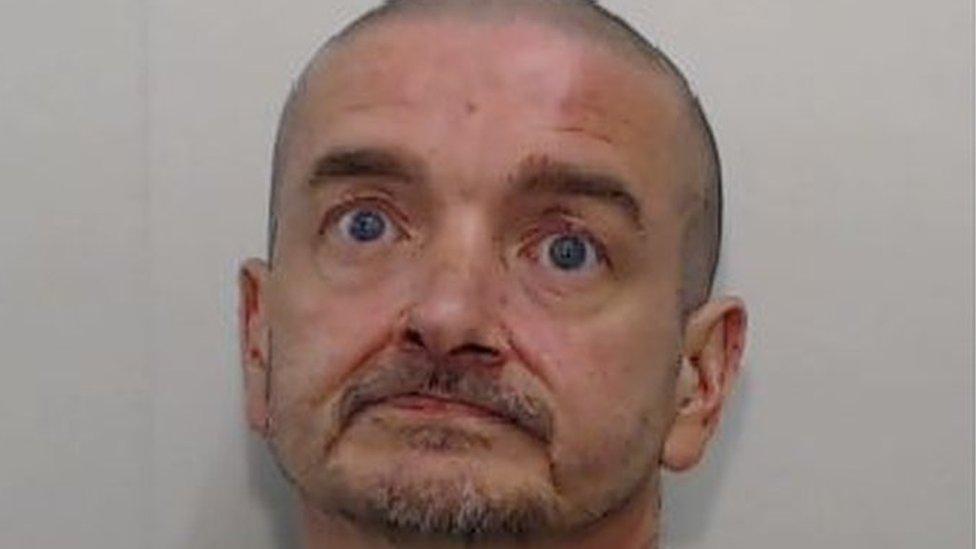
Mark Buckley "savagely" murdered the college student in June
Ms Higginbottom was reported missing by her father at about 19:00 BST on 16 June and her body was found the following morning.
The IOPC investigation focused on three radio operators and said their performance "fell below the standard expected" but there was "insufficient evidence" to prove misconduct.
It found that although the police report was graded as "a priority response" - which should be responded to within an hour - it took until after 23:30 to dispatch officers.
GMP patrols were already dealing with other priority incidents and no officers were available from other divisions, the watchdog said.
The report was escalated once and following a further call to GMP from Miss Higginbottom's father requesting an update.
It was only then officers "became available and were dispatched to Ellen's home and began searching for her".
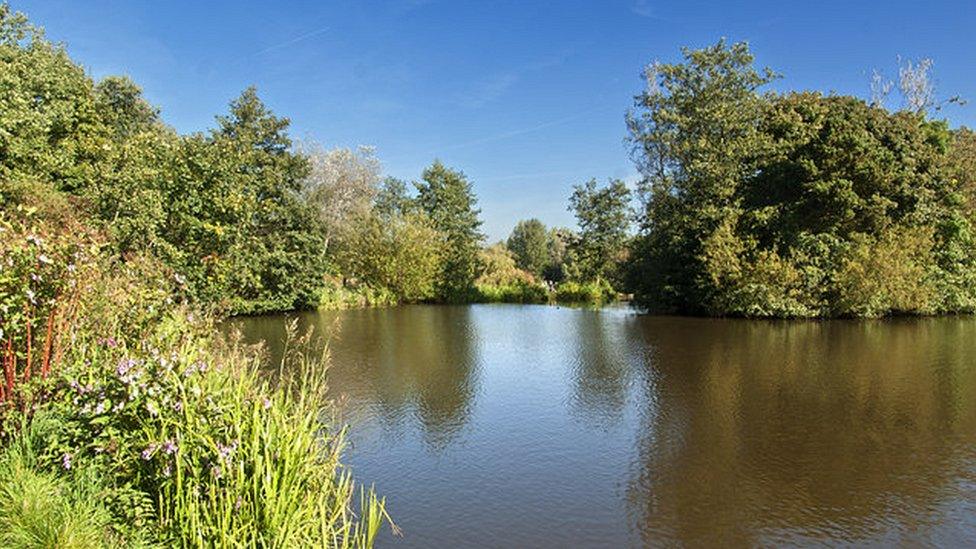
Miss Higginbottom's body was found at Orrell Water Park
The radio operators "failed to follow force escalation policy for missing person reports" and their performance was "unsatisfactory", the report concluded.
Amanda Rowe, the watchdog's regional director for the north west of England, said there were "significant delays in dispatching officers, and clear evidence that there were simply no officers available."
"We hope every effort is made in future to escalate such incidents", she said.
Assistant Chief Constable Chris Sykes said the force has "acknowledged the findings... and recognise that the search for Ellen was delayed due to staff resourcing."
"While Ellen's death would not have been prevented if the search had begun earlier, the delay in being able to allocate officers clearly caused extra stress and worry to her family and friends, for this we can only apologise," he said.
The IOPC said GMP has reminded the call handlers of the escalation policy but did not conduct formal proceedings against them.
- Published24 March 2018

- Published14 September 2017
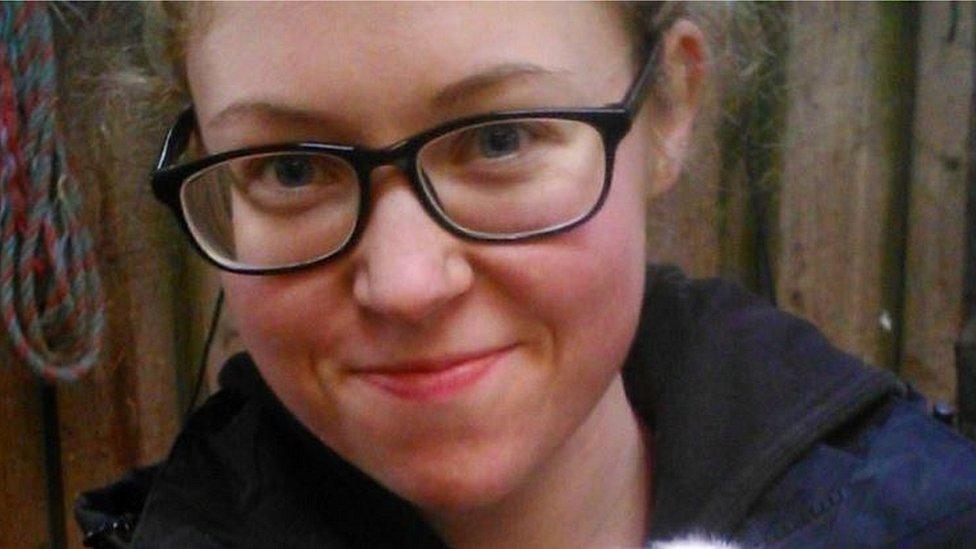
- Published4 September 2017

- Published7 July 2017
